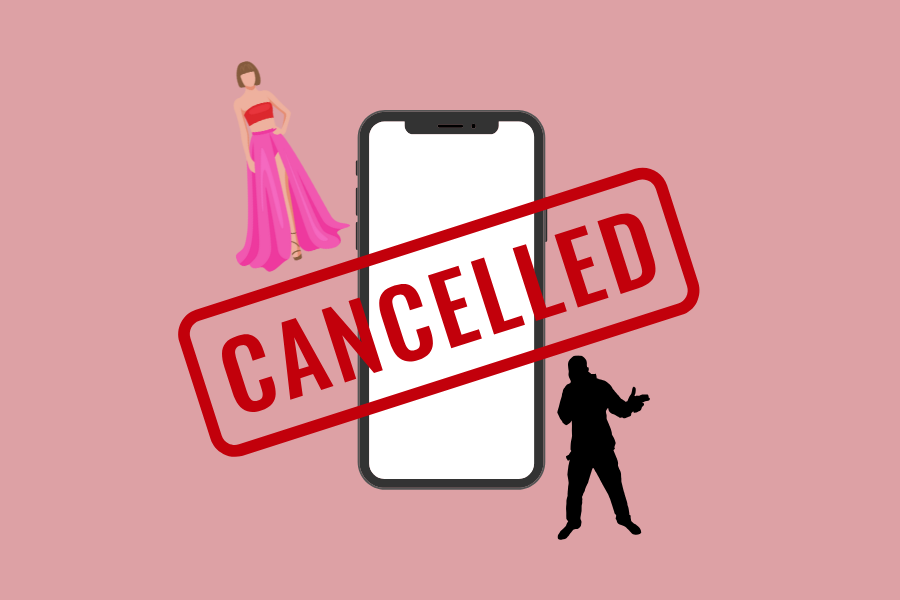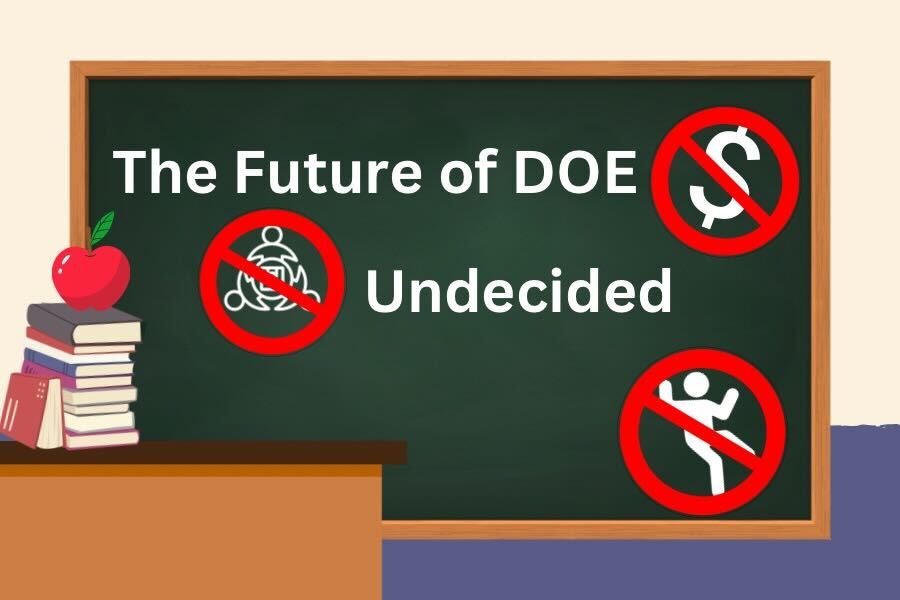Do We Still Need the Electoral College?

When the Founding Fathers created the Electoral College in 1787, they intended for it to be a process that guaranteed the rights of the minority and their safety from the majority. The Electoral College helps keep less populated states in the political equation, eases campaigning for presidential candidates, and overall offers a more reliable end to presidential elections.
If the popular vote was the only factor in electing presidents, the vote of those in smaller states would be dramatically washed out as people in highly-populated states like California, Texas, and New York would heavily outnumber them. By implementing a system where every state has at least a few electoral votes, the Electoral College ensures that the political views of those in less populated states are still able to sway the outcome of the election, strengthening their votes.
Since many states have long histories of voting predominantly for one party, presidential candidates do not have to spend as much time campaigning in states that have reliably voted in their favor in the past. Furthermore, the aforementioned heightened power of smaller states as a result of the Electoral College means that presidential candidates must leave their echo chambers, the states that would support them regardless of whether or not they campaigned there. Instead, they should campaign in states that may not agree with them. This means that a presidential candidate’s views must at least align with a large percentage of American voters as they would not do well in battleground states if their views went against the views of many Americans.
By requiring that the winner of a presidential election obtain a majority of electoral votes, third parties are unlikely to win due to the inherent difficulty of obtaining enough votes throughout the nation. Thus, the Electoral College promotes America’s political stability by discouraging the campaigning of independent candidates. If the vote was strictly based on the popular vote, a fringe candidate in a multi-party system could win with less than 50% of the vote. Therefore, political division in an America without the Electoral College would allow for the election of candidates that only appeal to a small subset of loyal voters, promoting extremist ideas.
This idea of promoting political stability corresponds directly with the intent of the Founding Fathers to avoid the majority’s oppression of the minority. In the EU, far-right and socialist parties are winning significant portions of parliamentary seats in elections as a result of political machination and an exploitation of strict democracy. Due to possible mergers and strategic campaigning, one-quarter of the European parliament could go to the far right. This would not be extremely difficult in a two-party system, and thus in a government utilizing the electoral college system.
Many people believe that the Electoral College makes Americans’ votes worthless but the issue is very overblown. Out of 46 presidential elections throughout the U.S’s history, only five presidents have been elected despite losing the popular vote. The Electoral College as a whole provides a more reliable outcome to a presidential election and allows for fair representation within the voting system.
In 2002, Al Gore won the popular vote for president against his opponent George W. Bush. Fourteen years later, Hillary Clinton also won the popular vote. One would assume they both secured the presidency, however, neither of these candidates won their respective elections. The reason for this is the Electoral College, a group of 538 electors who supposedly vote based on the results of the popular election, but Gore lost by a mere four electoral college votes, and Clinton by 74. Since these candidates won the popular vote, there is no reason they should have lost the presidency. If the goal is to represent what the people want, then the President should be chosen directly based on the people’s vote, not based on the Electoral College, an unnecessary middleman.
The solution is to get rid of the Electoral College. It’s pointless, outdated, and often fails to represent what the people truly want. Instead, the President should be elected solely by the popular vote, an idea 65% of adults supported in 2023, according to the Pew Research Center. If this many people would prefer another form of voting for the presidency, there is no reason the Electoral College should still exist.
The system was initially formed when the Founding Fathers couldn’t agree on whether Congress or the people should vote for President. One of the most prominent objections to a direct popular vote was that there was little to no way to inform those in the most rural areas about the candidates. This is now an irrelevant argument because we have all of that information at the click of a button. With advancements in technology and the availability of news sources, almost everybody can find out what they need to know about candidates.
In the end, an Electoral College was a compromise between those who preferred the popular vote and those who wanted Congress to vote for President. However, it isn’t a good compromise because it brings up the same issue a vote through Congress does: the vote is still not directly reflective of what the people want. Democracy is based on the government being representative of the citizens, and the Electoral College is an obstacle to this objective.
The Electoral College can also be a deterrent to voting. It makes it seem as though people’s votes don’t matter if they don’t directly affect who wins the election. The Washington Post raised the point that no matter how many votes a candidate wins in one particular state, the Electoral College vote could remain the same. This is in states that vote mainly for one party in every election. If this is the case, then some citizens may not vote, because, in all actuality, it may not make a difference depending on where they are voting. There has always been the rhetoric, “your vote matters,” and “go out and vote.” While it is absolutely imperative that people continue to vote, and while it is true that your vote carries weight, it could be so much more meaningful without the Electoral College.
While some may argue that the electoral college outcome differing from that of the popular vote doesn’t happen often, it shouldn’t happen at all. Plus, even when the two votes align, the Electoral College is obsolete because it simply reiterates the outcome of the popular vote.
Additionally, the Electoral College makes it difficult for members of the minority party in a state to feel like their vote is being represented. For example, Austin typically votes Democrat, which was evident in the 2016 election. One of the only counties to vote majority for Hillary Clinton in the primarily conservative state of Texas was Travis County, Austin’s largest county. Electors are typically chosen because they will represent the majority vote in a particular state. For a state like Texas with an overwhelming Republican majority, Democrat voters in Austin, El Paso, Dallas, and several other cities are not represented.
Ultimately, the Electoral College shouldn’t overrule the votes of the general population, as it does currently. It’s an unnecessary third party in the election process that runs the risk of changing the outcome to favor a candidate that the majority of the population doesn’t actually want as President. Instead, the U.S. should let the popular vote speak for itself, preserving democracy and strengthening the power of each person’s vote.


















Rounav • May 20, 2024 at 9:44 am
It was really interesting to read and learn a lot more about a topic I didn’t previously know a lot about. It was also cool to see the contrasting viewpoints that were for and against keeping or not keeping the Electoral College, and it helped us make our own conclusion based on the stronger and more persuasive argument.